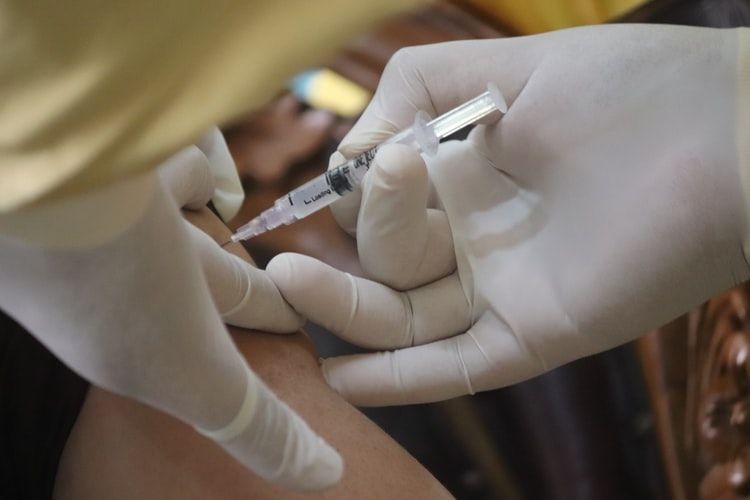A study conducted in the United Kingdom could prove instrumental in understanding vaccine-induced immune thrombocytopenia and thrombosis (VITT), a “rare but
devastating complication” associated with COVID-19 vaccination. Researchers
evaluated 294 patients with median age of 48 who had received the first dose of
Oxford–AstraZeneca ChAdOx1 nCoV-19 vaccine.
ALSO READ: Double vaccinated 3 times less likely to get COVID-19: UK study
Of these 170 were identified as “definite”
and 50 as “probable” cases of VITT depending on the onset of symptoms 5 to 30
days after vaccination, the presence of thrombosis, thrombocytopenia, d-dimer
levels and the presence of antibodies.
ALSO READ: Sarah Gilbert, scientist behind the Oxford jab, gets a Barbie lookalike
The overall mortality was found to be 22% with odds of death
increasing by a factor of 2.7 among patients with cerebral venous sinus
thrombosis. The mortality rate rose to 73% among patients with platelet counts
below 30,000 per cubic millimeter and intracranial hemorrhage.
The researchers concluded that patients with low platelet
count and intracranial hemorrhage were the most prone to high mortality
associated with VITT.
“Treatment remains uncertain, but identification of
prognostic markers may help guide effective management,” according to the study
published in the New England Journal of Medicine.
UK was the first
country to roll out the intramuscular Oxford-AstraZeneca vaccine which uses a nonreplicating
chimpanzee adenovirus ChAdOx1 as a vector in January.
Figures released by the government on Tuesday revealed that health authorities have administered a total of 86,780,455 doses among the country’s population.
The vaccine was later approved by European Medicines Agency,
Australian Therapeutic Goods Administration and listed for emergency use by the
World Health Organization.
In March, several European countries suspended the vaccine’s
use after cases of hospitalization were reported in Norway, Germany, Austria
and United Kingdom 5 to 24 days after inoculation.
ALSO READ: Can full FDA approval for COVID jabs end vaccine hesitancy?
The patients, most of whom were healthy young persons,
developed potentially life-threatening complications such as thrombosis.
Researcher Sue Pavord said the study was “hugely important
to other countries” as it would help ramp up vaccination “if they can
recognize this condition and manage it promptly.”







